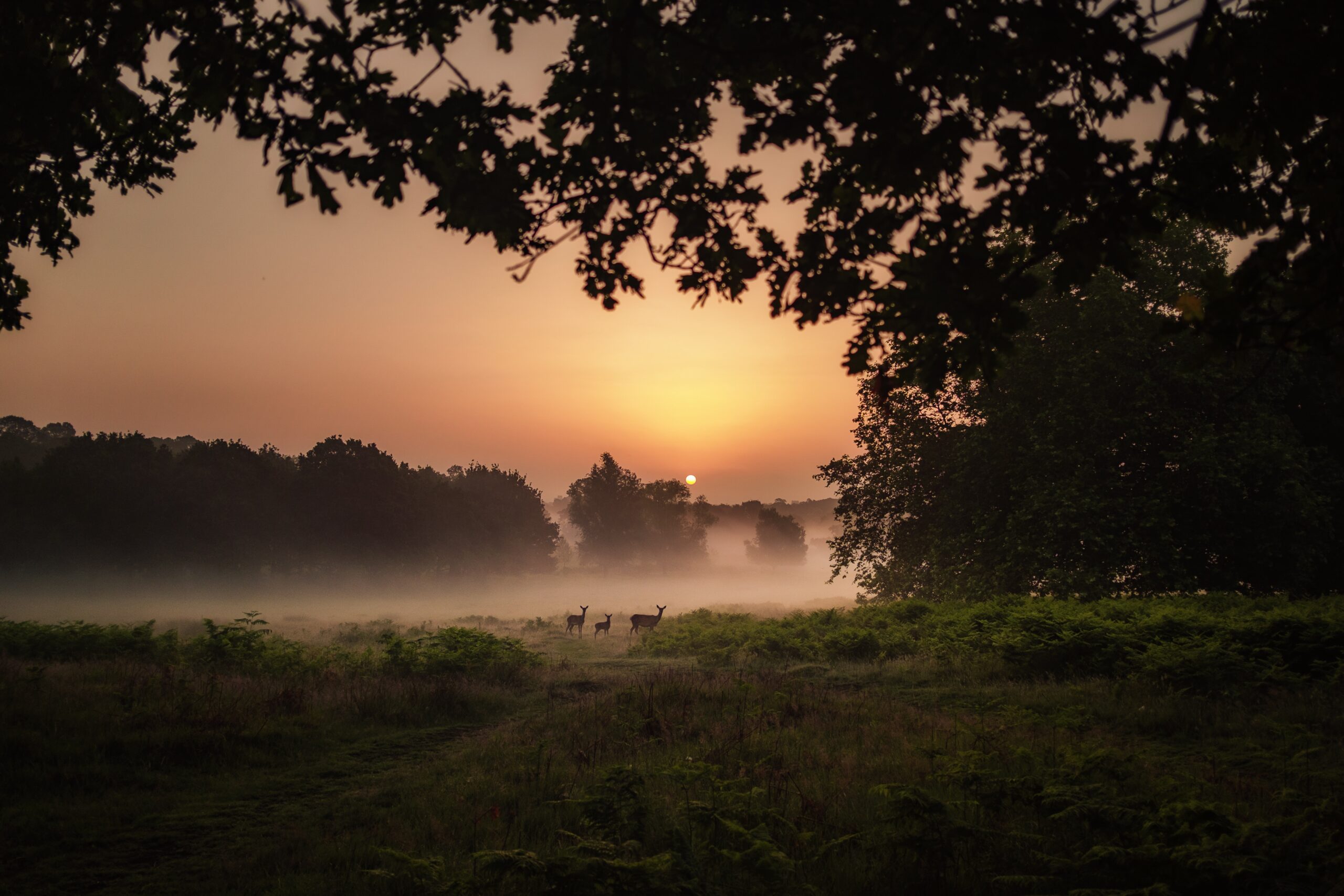As I write this post, it is the first day of the Global Climate Strike, where 150 countries are coming together to protest and raise awareness of the urgent need for action.
Over the past week, I have had several discussions with friends and colleagues about the need for changes to government policies across the world, and for individual action to help force big corporations to take notice. The one thing all these conversations have in common is the feeling of anxiety, helplessness, frustration and even impending doom. No wonder, then, that ‘Eco-Anxiety’ is currently gaining headlines as it becomes more widely recognised as a mental health issue in its own right.
What is Eco-Anxiety?
Eco-Anxiety can be described as feeling extremely anxious and stressed, where the focus of your worries and concerns is related to issues affecting the planet. A certain amount of worry is perfectly healthy and natural, but it becomes an issue when it is affecting your day to day functioning, ability to cope, or your work, studies or relationships. Sufferers can typically suffer lack of sleep, over-thinking, guilt, and mood swings between anger and frustration, and depression and helplessness.
In many ways, Eco-anxiety is like any other anxiety-based issue, the only difference being the concerns that trigger it. Existential therapists such as Irving Yalom believe that all anxiety has its roots in our fear of death, and he likens this to being as uncomfortable for us humans as ‘staring at the sun’. It makes so much sense then that lots of us should be experiencing anxiety about the ultimate fear – the death of the planet.
So where’s the good news?
The good news is that by talking about it, and embracing our fears, we can find the energy to make a difference in the moment, and start to live life more fully because of our anxieties, not despite them. If you think that your levels of anxiety are taking over your life, counselling can help. You can also try some of the steps below to try to take control of your anxieties:
• Find ways to feel more empowered, such as joining groups, reducing your waste, or spreading the word.
• Connect to others. Interacting and sharing with other people is an essential part of being human. Reaching out to friends and family will help you to feel less isolated and alone.
• Self care! Climate change is important because everything on this planet is important, including you. Try to focus on good nutrition,
exercise and sleep.
• Mindfulness can help to practice letting thoughts come and go without taking over your life. It also helps us to live in the moment instead of worrying about the future.
If you feel like your anxieties are taking over and want to take a step in a positive direction, get in touch with me today to see how I can help you.

